
5 Benefits of Reading
As we celebrate Read a Book Day (6 September), let's escape into the world of fiction or non-fiction and learn something new. A great day for encouraging others to read a book and share the different benefits that are associated with reading, which is listed below

Things to do with Kids at Home: Learn and Play
For the health, safety, and protection of your kids, different district decided to have a COVID-19 (Coronavirus)-related school closures. If you are worried that you don’t have any idea what to do to keep your kids busy while at home, listed below are some ideas:
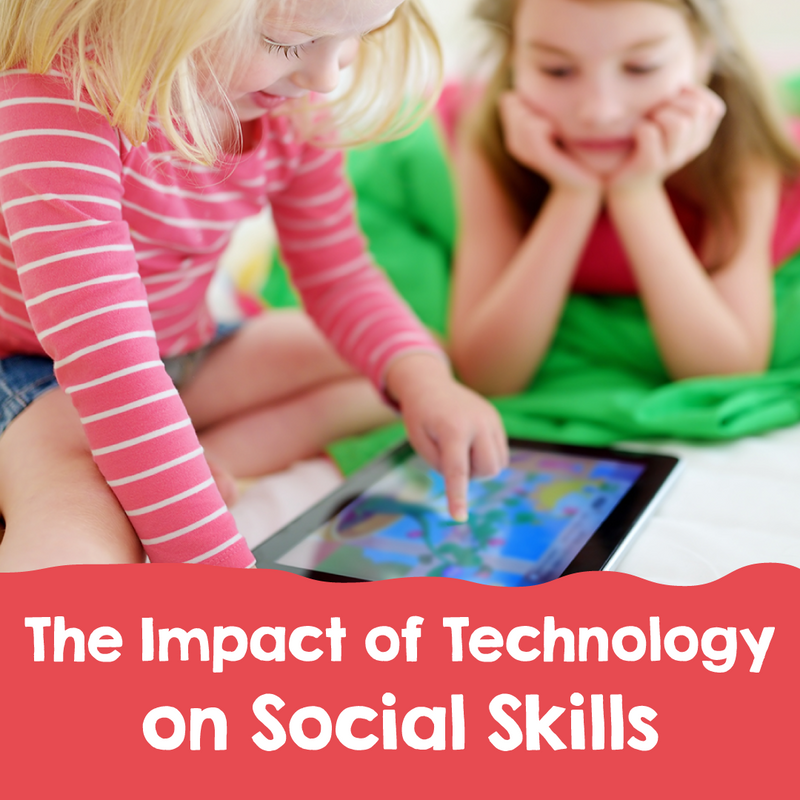
The Impact of Technology on Social Skills
Do you think technology is helping or harming children’s development? It’s long been proven that healthy social skills are born from healthy face-to-face interactions. For those children in their formative years, these interactions allow for understanding and interpreting non-verbal skills, forming relations with others and learning empathy. But, the amount of time people are spending on digital screens is beginning to affect the way social skills are being taught and understood, especially for younger children.

Top 4 Must-Have Toys That Will Help in Your Child’s Development: Parenting Tips
Your child is going through a lot of changes and development in every milestone he/she faces. As a parent, we always want the best for our baby, and we can give the world, we will. The good news is there are toys that your child can own that will help him/her improve his/her cognitive, physical, emotional, and spiritual abilities.
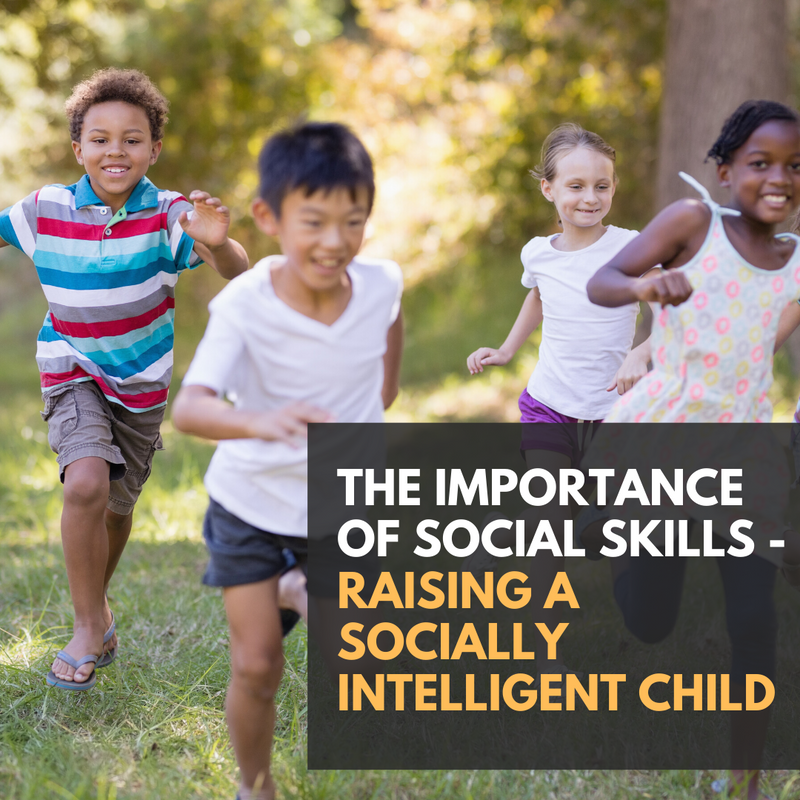
The Importance Of Social Skills - Raising A Socially Intelligent Child

The Famous Faces of ADHD
We've listed ten well-known figures to demonstrate that ADHD should never stop one from living a full, happy, and successful life. The truth is, those who are affected by ADHD are often naturally blessed with a number of personality strengths. They can be energetic, spontaneous, creative, inventive, and hyper-focused on particular tasks. With this in mind, here are some familiar faces who have publicly confirmed their diagnosis of ADHD...
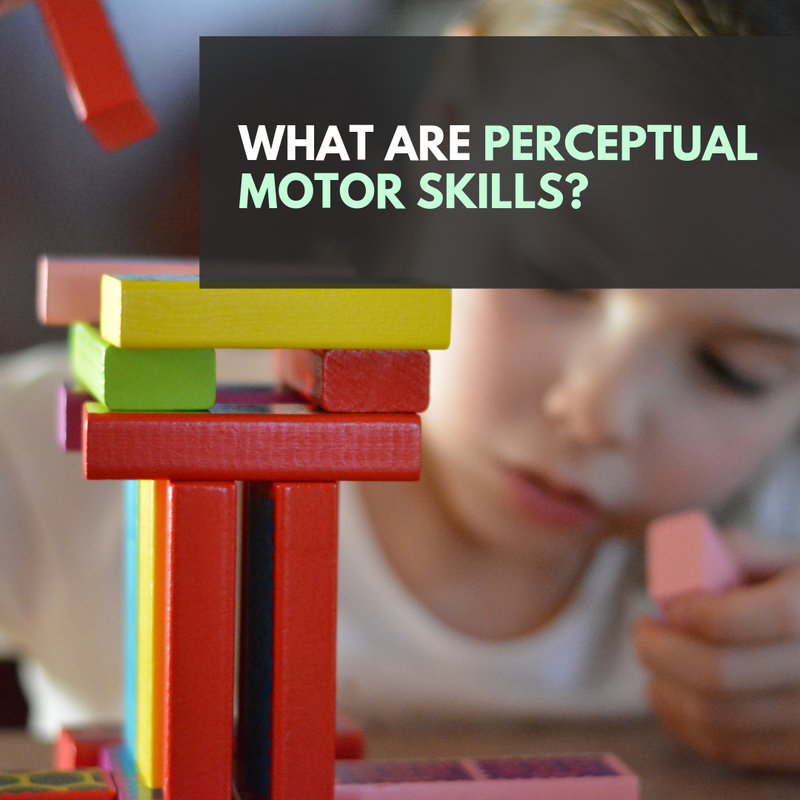
What are Perceptual Motor Skills?
You may have heard teachers at your child’s school talking about Perceptual Motor Skills. Or the school may offer a program in developing children’s Perceptual Motor Skills. But, what are these skills exactly? And why are they are so important to your child’s learning development?
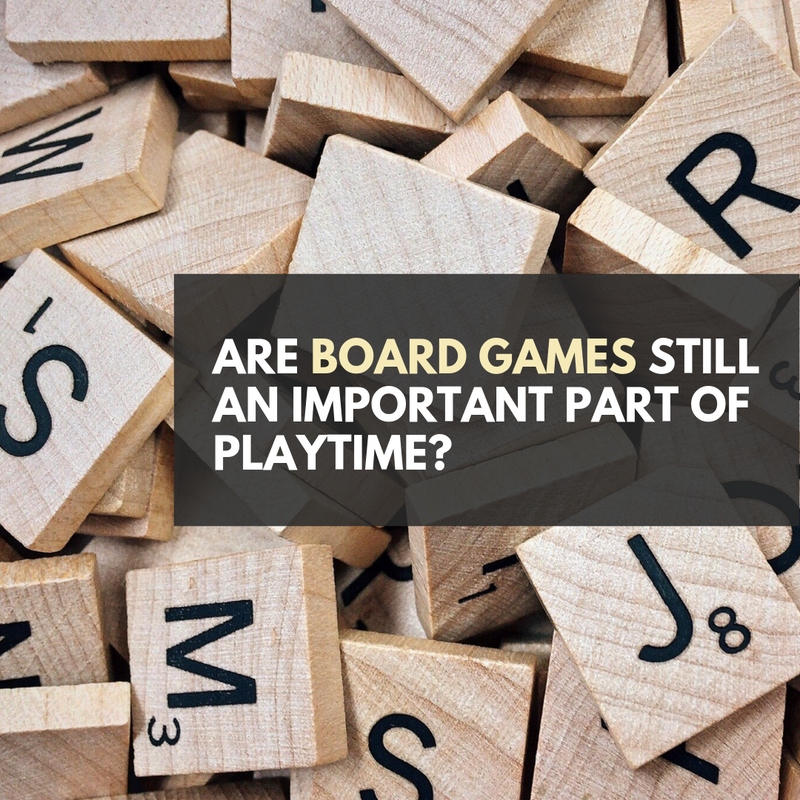
Are board games still an important part of playtime?
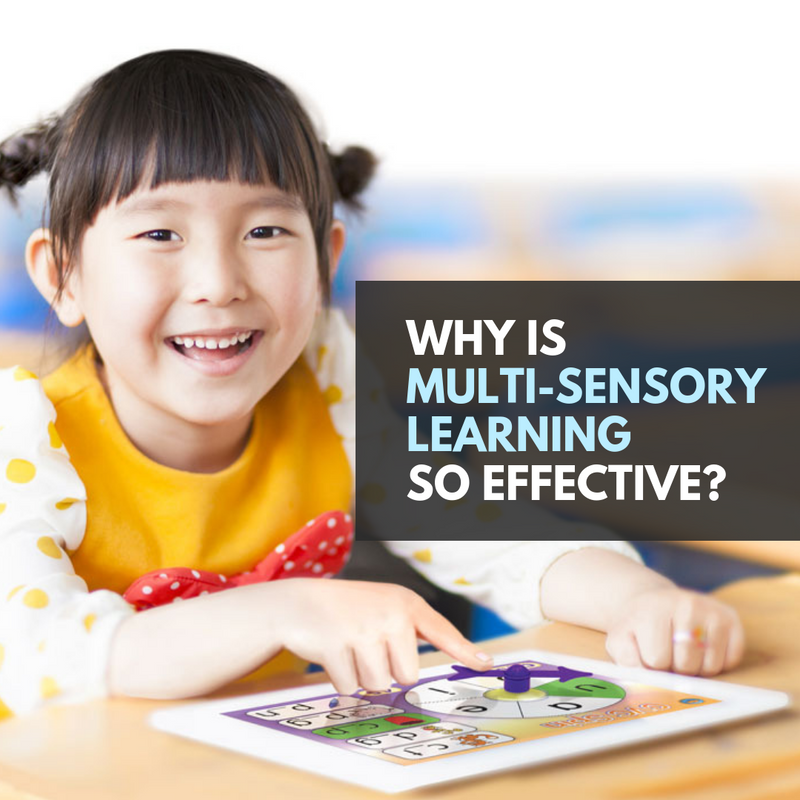
Why is multi-sensory learning so effective?
We know that children all learn in different ways. Some kids learn through hearing, whilst others may learn better through seeing and touching something. Thus, multi-sensory learning is a teaching method that makes learning easier for all children. Here's the brain science to prove it...
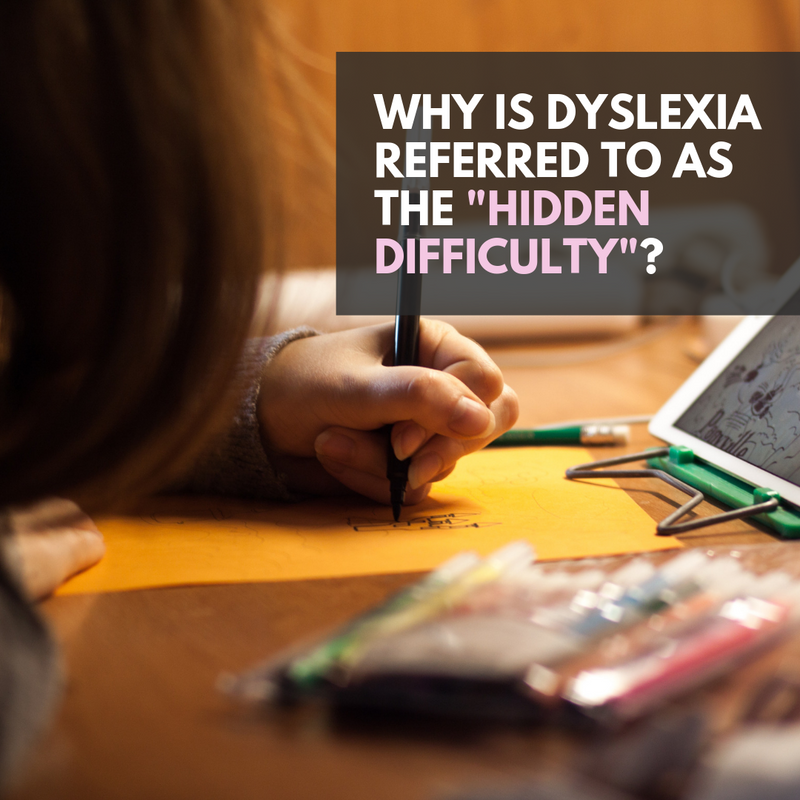
Why is dyslexia referred to as the "hidden difficulty"?
Statistics indicate that at least one-tenth of the world have dyslexia, but only 5% know it. Why is this? The simple answer is that you cannot "see" dyslexia. Therefore, if you aren't aware of the signs of the dyslexic gene, it's easy to overlook or misinterpret. Here are a list of reasons why dyslexia is hard to detect, and why you should should take extra care when assessing whether your child might have this neurological difference.
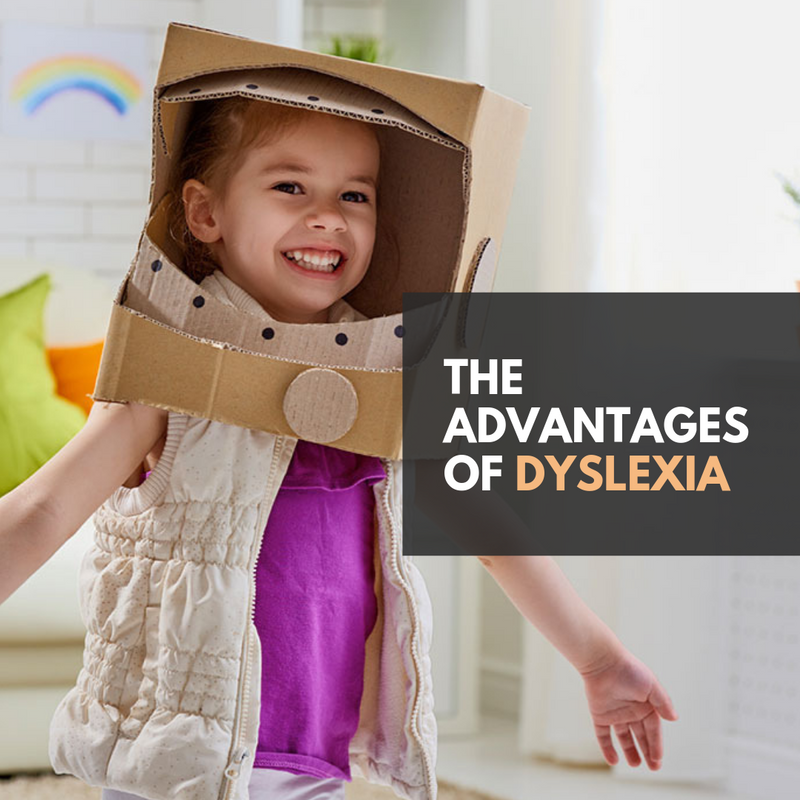
The Advantages of Dyslexia
In recent years, scientists have pondered the evolutionary significance of the dyslexic brain, and have executed a number of empirical studies that reveal the specific areas in which dyslexics are more likely to excel. A greater awareness of these strengths and neuro-diverse abilities can help parents and educators capture untapped talent, and maximise the strengths that dyslexia brings. Here is a list of five strengths that are often found in those with dyslexia.

The Famous Faces of Dyslexia
A common myth is that dyslexia affects one's intelligence, and limits one's ability to succeed in life. If these famous names prove anything, it's that many people at the top of their fields are dyslexic. Dyslexia should never stop an individual from discovering, writing, reading, experimenting, and doing all things creative!
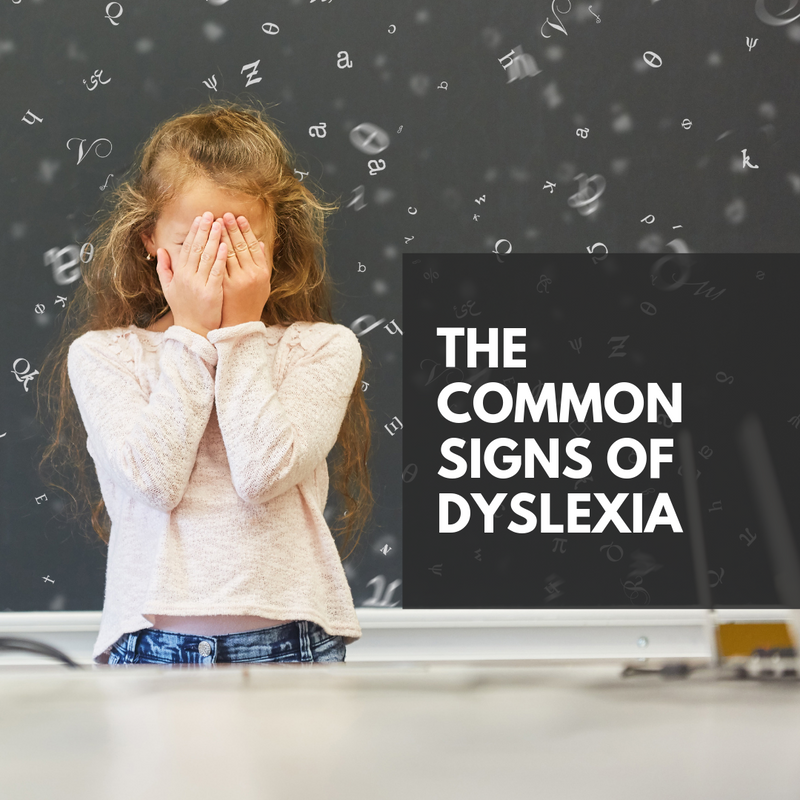
The Common Signs of Dyslexia
Although there is no cure to dyslexia, early assessment and intervention can have a major difference in helping with reading comprehension, vocabulary growth, and a child’s own understanding of their dyslexia. Here are some common signs of dyslexia that you should look out for.
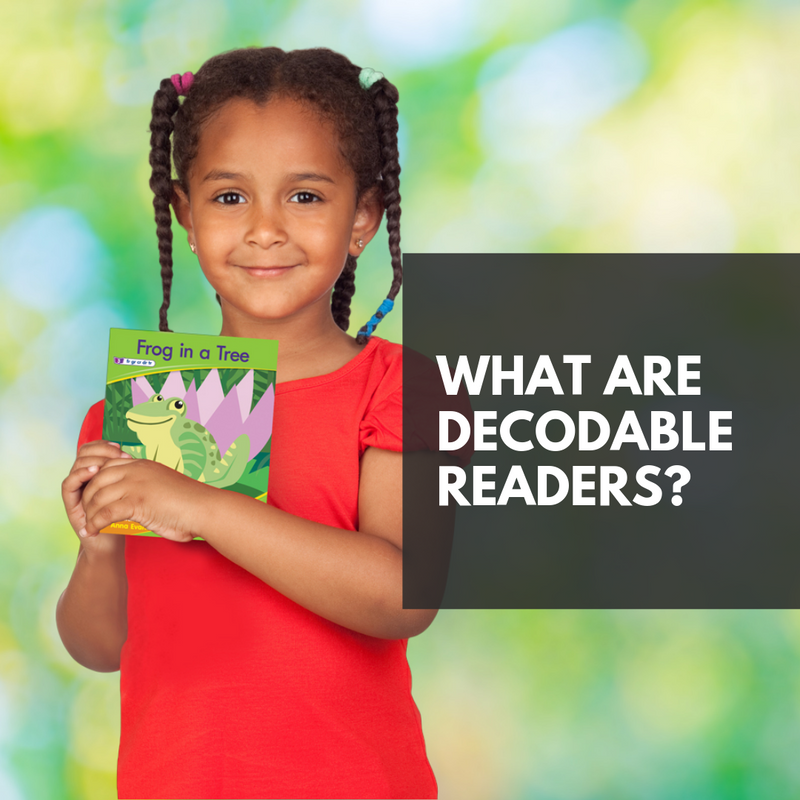
What are Decodable Readers?
Reading non-decodable, or partially decodable books, can be demotivating and frustrating for children learning to read. Anna Milne explains why Decodable Readers are the best books for phonemic awareness and development in the earliest stages of reading.
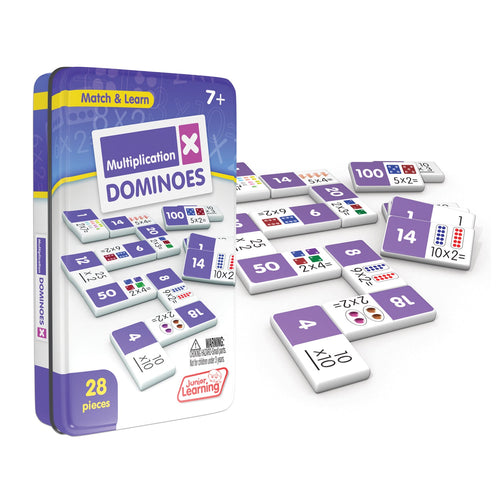

JL483
- Regular Price
- $12.99
- Sale Price
- $12.99
- Regular Price
- $0.00
- Unit Price
- per
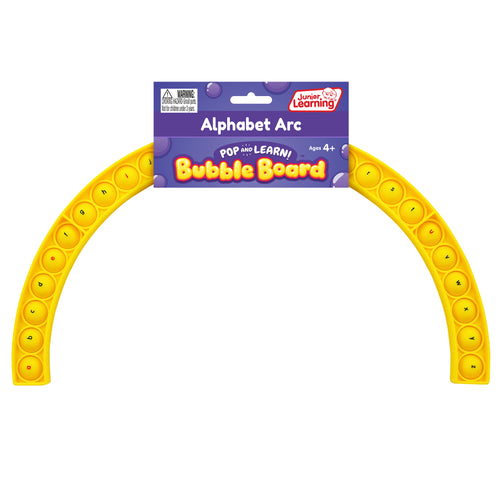

JL681
- Regular Price
- $17.99
- Sale Price
- $17.99
- Regular Price
- Unit Price
- per
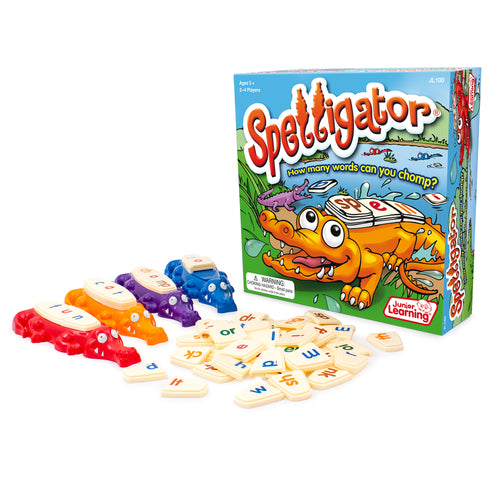

JL100
- Regular Price
- $29.99
- Sale Price
- $29.99
- Regular Price
- Unit Price
- per
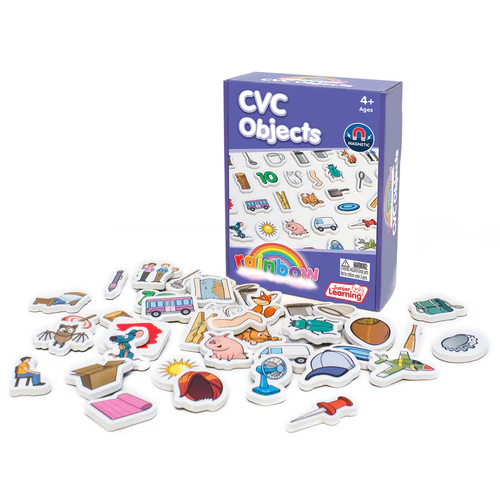

JL641
- Regular Price
- $17.99
- Sale Price
- $17.99
- Regular Price
- Unit Price
- per
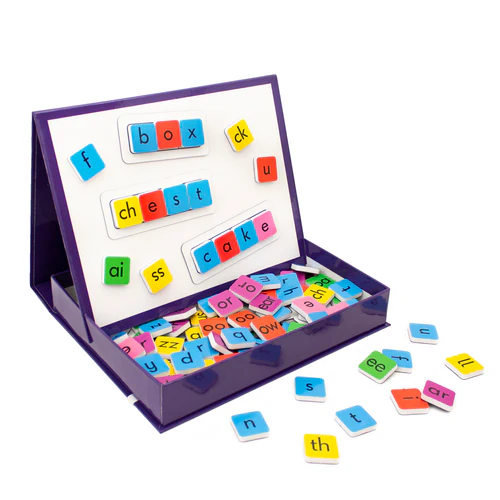

JL654
- Regular Price
- $29.99
- Sale Price
- $29.99
- Regular Price
- Unit Price
- per
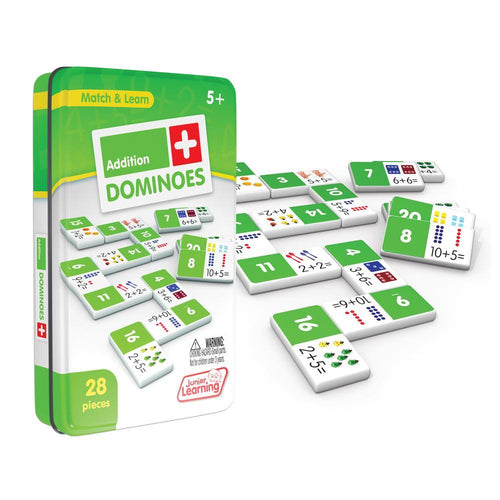

JL481
- Regular Price
- $12.99
- Sale Price
- $12.99
- Regular Price
- Unit Price
- per


JL606
- Regular Price
- $14.99
- Sale Price
- $14.99
- Regular Price
- Unit Price
- per
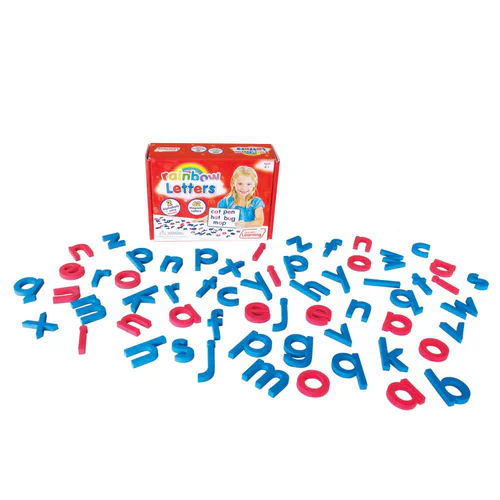

JL196
- Regular Price
- $9.99
- Sale Price
- $9.99
- Regular Price
- Unit Price
- per


JL490
- Regular Price
- $12.99
- Sale Price
- $12.99
- Regular Price
- Unit Price
- per
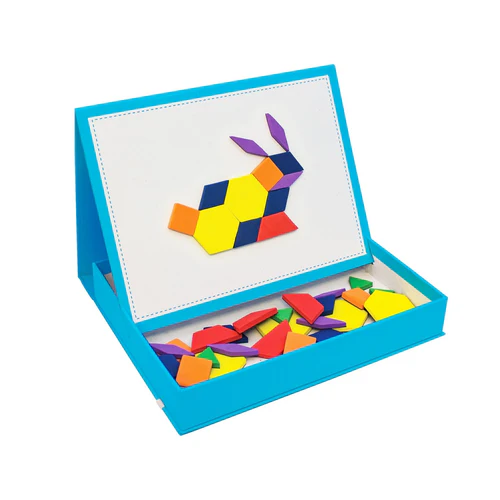
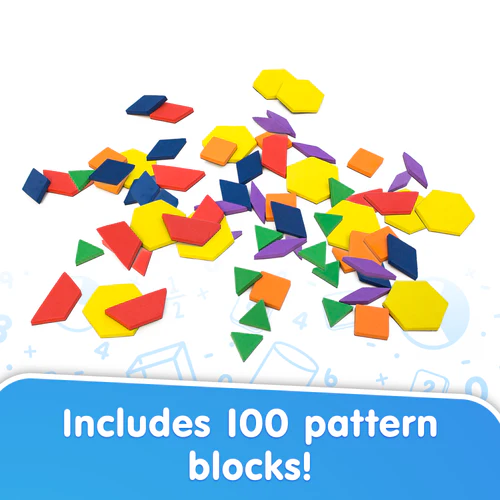
JL613
- Regular Price
- $29.99
- Sale Price
- $29.99
- Regular Price
- Unit Price
- per
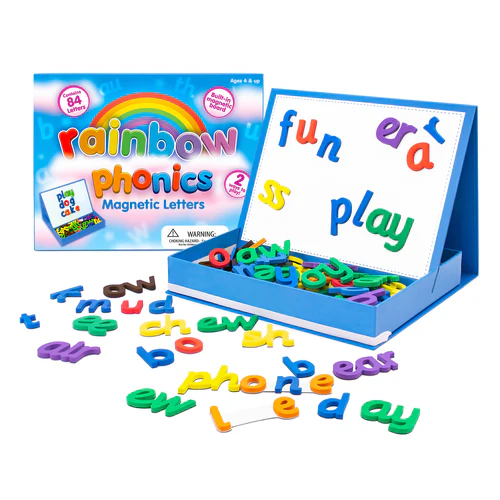

JL194
- Regular Price
- $29.99
- Sale Price
- $29.99
- Regular Price
- Unit Price
- per


JL240
- Regular Price
- $12.99
- Sale Price
- $12.99
- Regular Price
- Unit Price
- per


JL489
- Regular Price
- $12.99
- Sale Price
- $12.99
- Regular Price
- Unit Price
- per


JL482
- Regular Price
- $12.99
- Sale Price
- $12.99
- Regular Price
- Unit Price
- per
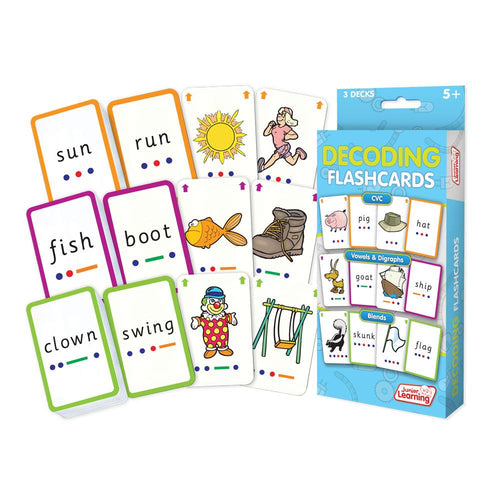

JL211
- Regular Price
- $9.99
- Sale Price
- $9.99
- Regular Price
- Unit Price
- per
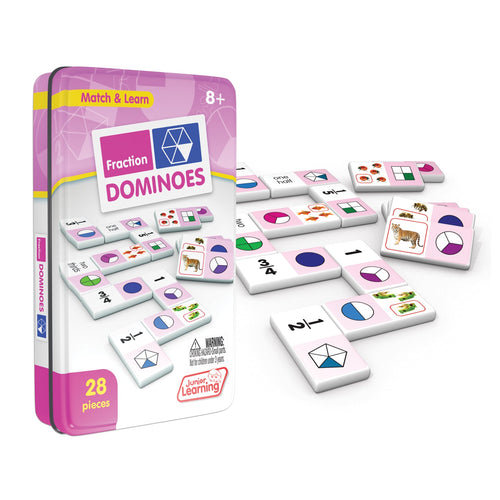

JL485
- Regular Price
- $12.99
- Sale Price
- $12.99
- Regular Price
- Unit Price
- per


JL422
- Regular Price
- $19.99
- Sale Price
- $19.99
- Regular Price
- Unit Price
- per


JL426
- Regular Price
- $19.99
- Sale Price
- $19.99
- Regular Price
- Unit Price
- per


JL671
- Regular Price
- $12.99
- Sale Price
- $12.99
- Regular Price
- Unit Price
- per
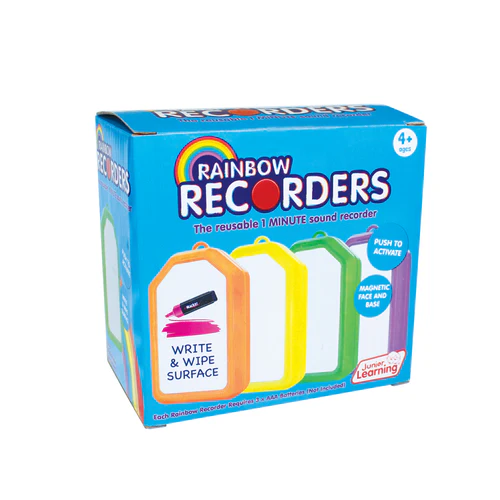
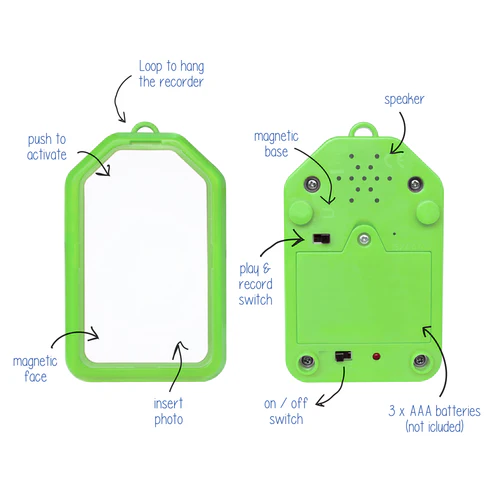
JL149
- Regular Price
- $69.99
- Sale Price
- $69.99
- Regular Price
- Unit Price
- per